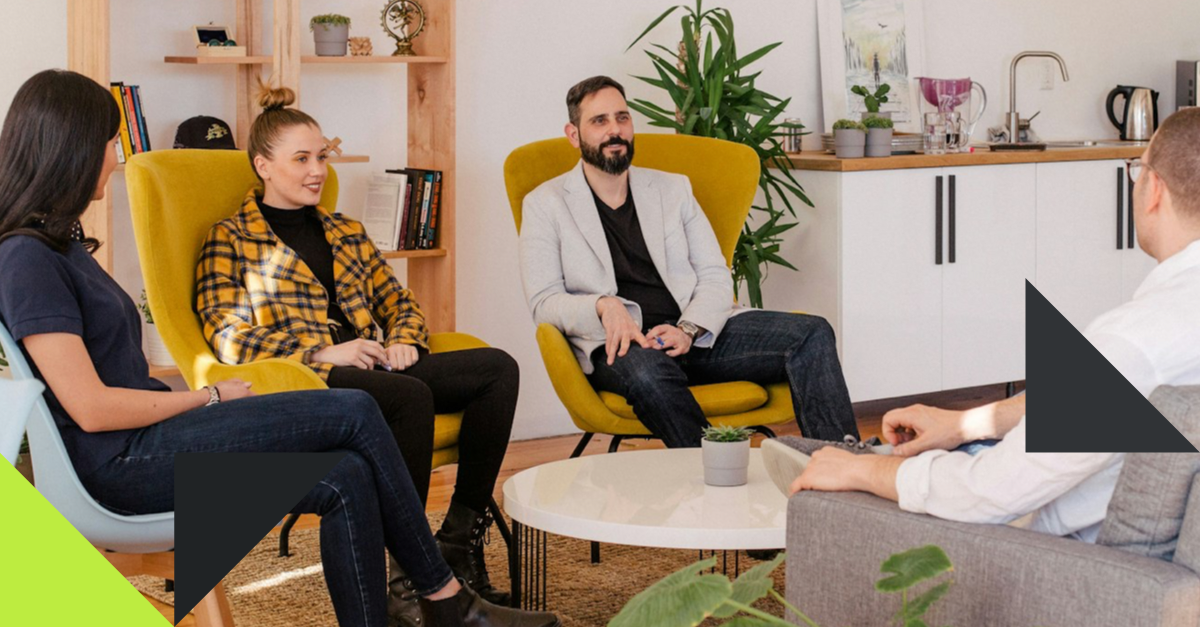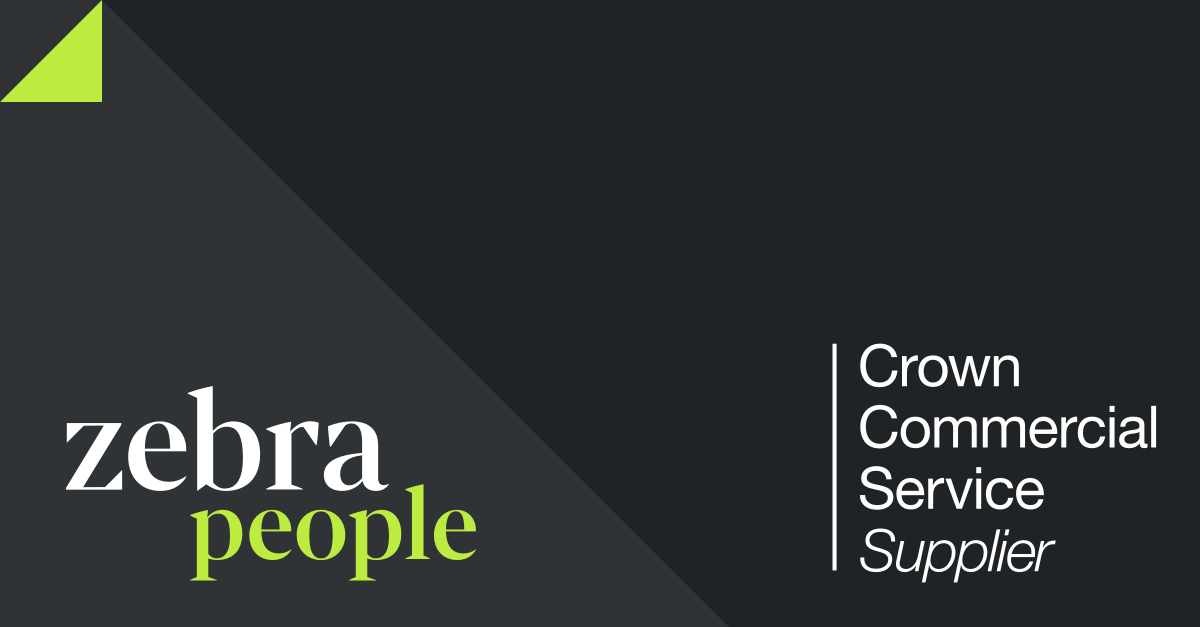We’ve all been there. You’ve spent hours scouring the internet for info on the company. You’ve sent a LinkedIn connection request to the CEO right through to the cleaner. You’ve even forked out a bit of cash just to try out their product.
You’ve done all this and more in the hope that it’ll set you apart from the rest.
One interview later and that email comes along; ‘thank you for meeting with us but unfortunately, we won’t be progressing with your application’. No feedback, no explanation. Just you thinking ‘what went wrong?’
Well, it’s probably a mixture of a few things but thankfully, all with very simple fixes. Here they are:
You were too general and too broad about your projects
By far, this is the feedback I get the most from clients. Candidates weren’t specific or detailed enough when they spoke about their experience. The devils in the details. Remember this.
Go into every detail you can – the problem that you were solving, the business value, metrics, what benefit your work had once it was launched., the tools you used, the budget you had, stakeholders and more. Importantly though focus on your impact, not others. Leave no doubt as to your impact. This interview is about you, not someone else.
Brief, process, outcome
This approach is not exclusive to a UX portfolio. Follow this same approach during an interview. Whether it was an early discovery piece or close to beta, remember to talk about projects from the point at which you entered it, the process you took, the rationale behind design decisions and what the final outcome was. Start from the beginning and take them on that same journey you took them on in your portfolio. Don’t bounce around from point to point.
The power of hindsight
By far one of the most under-utilised tools in your arsenal. Not only is this incredibly humbling for both yourself and the interviewer, it shows you’re able to be self-critical. Whether it’s what you could have done with a larger budget, the time you would have saved by applying an alternative research methodology or what could have been achieved with a bit more buy-in, emphasising what you’d have done differently shows you’ve changed for the better and likely to continue do so. For a hiring manager, that’s not easy to find.
Treat the interviewer like they know nothing about User Experience
Chances are, your CV and Portfolio illustrates your technical ability quite well already. Therefore, use the interview as an opportunity to show how well you can communicate.
No, not simply your command over the English language.
I mean being able to communicate your design decisions, vocally, to someone who doesn’t know anything about UX, even if they definitely already do. Why?
These days, most hiring managers are looking for more than just technical ability. I believe the term is ‘soft skills’?
Whatever you want to call it, interviewers want to know that you can be left alone in a room with potential stakeholders and trust that you’ll be able to convince them of the importance of UX. Even if you have tangible examples of times you have already done this, simply speaking in layman’s terms can solidify and build even greater trust between the interviewer and yourself.
Obviously, there’s many other things you can do to make sure your next UX interview goes better than your last but hopefully, this gives you a good place to start.



